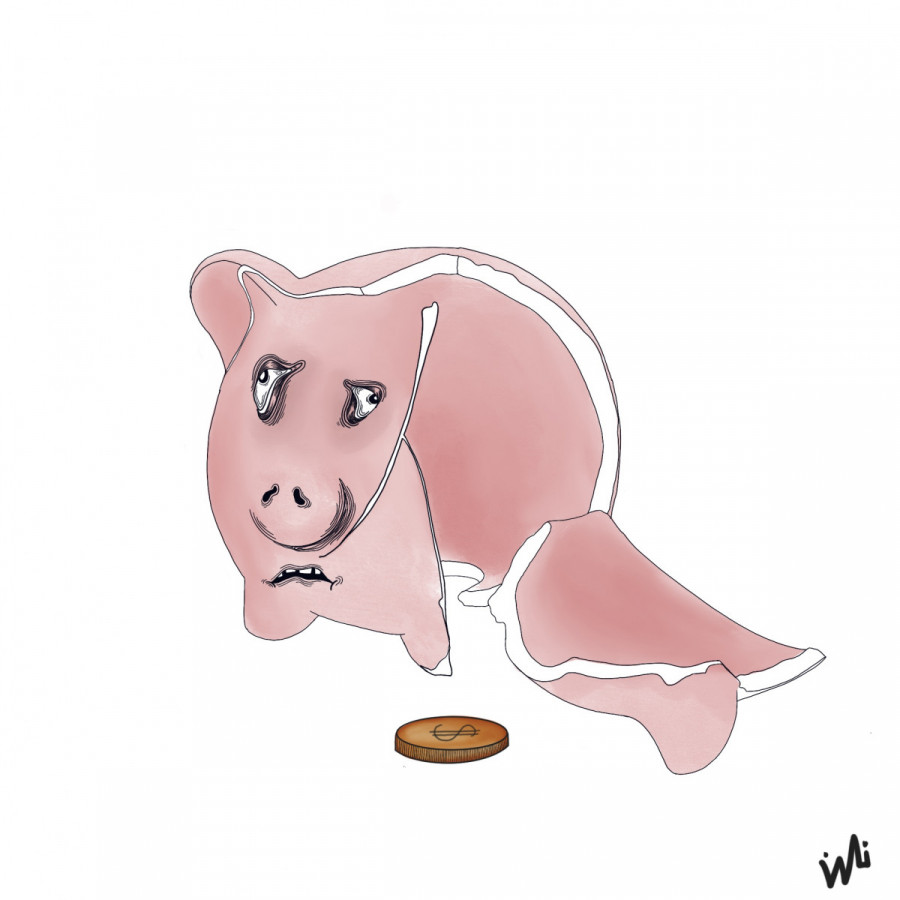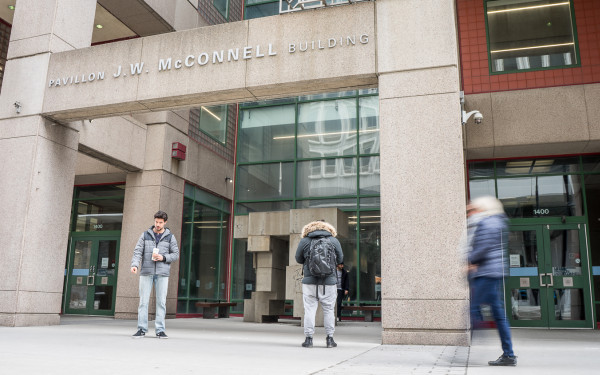Concordia Postdoctoral Researcher Went Months Without Grant Funding
Both the Government and Concordia Share Blame for the Slow Transfer of Funds
In February 2022, Charlotte Moore found out she had been awarded a two-year grant from The Social Sciences and Humanities Research Council of Canada for her postdoctoral research.
Moore filled in and submitted the necessary paperwork by the end of March, as the grant was supposed to start on May 1.
When that date passed, Moore was only getting $192 cheques from her internal lab funding. She contacted Concordia to see what was wrong. After the Concordia payroll employees couldn’t answer any of her questions, she contacted the SSHRC. The council informed her that the forms had never been filed on their end. SSHRC sent the money to Concordia on July 14, and Concordia only got Moore paid on Aug. 11.
Moore's contract is 37.5 hours a week. On top of her lab work, Moore has previously worked as a statistics tutor and will be teaching courses in the fall to earn extra money. Without a proper paycheque, she was worried she would not be able to pay rent.
Despite the struggles she has faced to get her funding, Moore never pinned the blame on the employees. “I definitely have empathy for the people who are working in payroll,” she said. When she initially joined Concordia, the university was in the process of changing payroll systems, but more than a year later, Moore said, that could no longer be an excuse.
“It seems it’s some systemic issue with either training or communication,” Moore said. “There was a time where I was calling people on their office phones—nobody was answering.”
“The number one thing that should not be falling through the cracks is paying your employees.” — Charlotte Moore
Moore went on to explain that when someone in the payroll department finally picked up her phone call and she mentioned the numerous emails she sent, the employee told her they get hundreds of emails a day.
“I understand if things fall through the cracks, but the number one thing that should not be falling through the cracks is paying your employees,” Moore added.
“I think that the entire department needs more resources, better training, more staff. But also, somebody needs to communicate with people who are having issues because payroll is really the type of issue that can ruin somebody's financial life,” Moore explained.
When asked about the situation, Concordia Deputy Spokesperson Fiona Downey said in an email that the university was concerned about what had happened, and is “looking into what went wrong in how [Moore's] case was handled to ensure that any failing on the part of Concordia be addressed.”
Downey added, “we highly value the contribution of these researchers and strive to support them in pursuing their work at Concordia.”
Issues surrounding payment of Concordia researchers and staff have been vocalized by the Teaching and Research Assistant Union at Concordia. While the union does not cover postdoctoral researchers, Mobilization Officer Tom MacMillan felt Moore’s despair.
“The issue of delayed payment of grants is far too common and widespread,” MacMillan said. “It is outrageous that we live in a system where the employer has the power to hold this money and dispense it at its discretion, rather than it being in the power of students and workers.”
The Link reached out to the SSHRC, but did not hear back.
This article originally appeared in Volume 43, Issue 1, published August 30, 2022.







